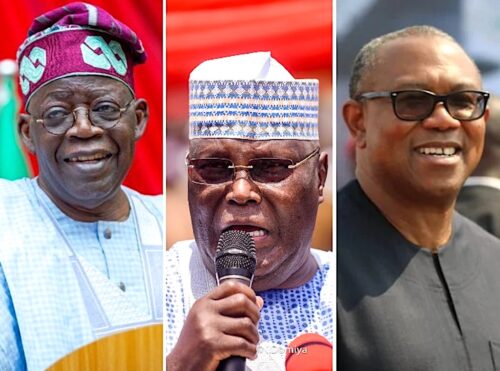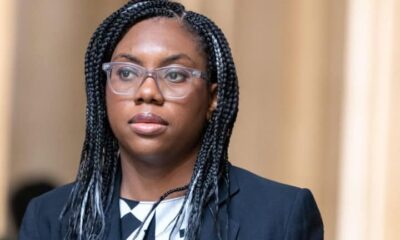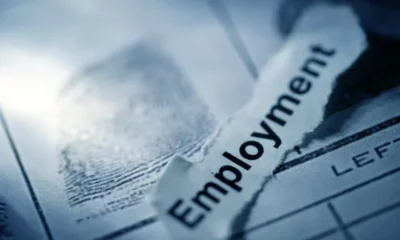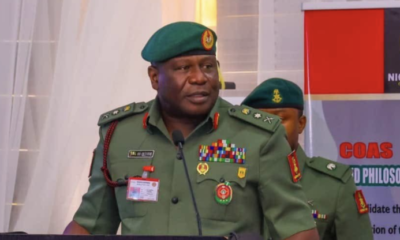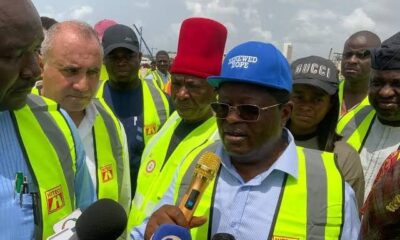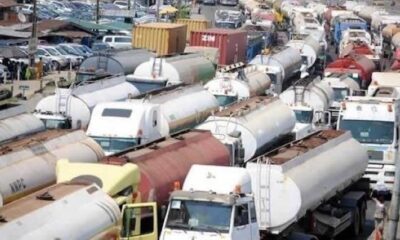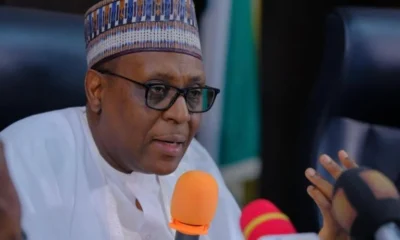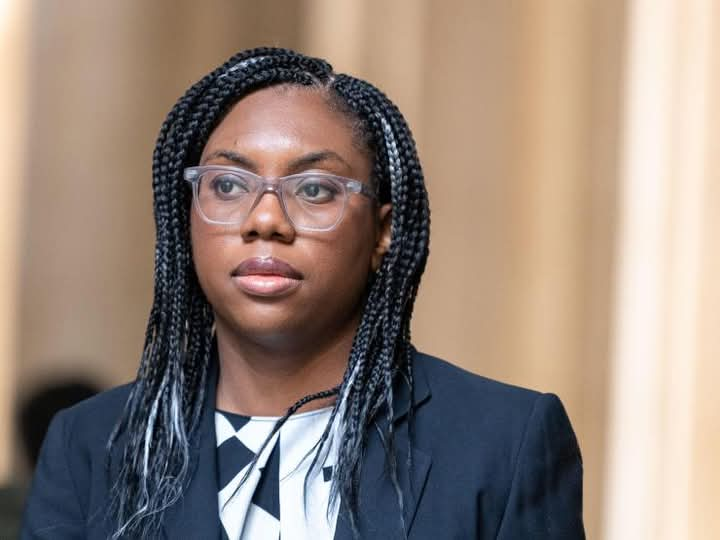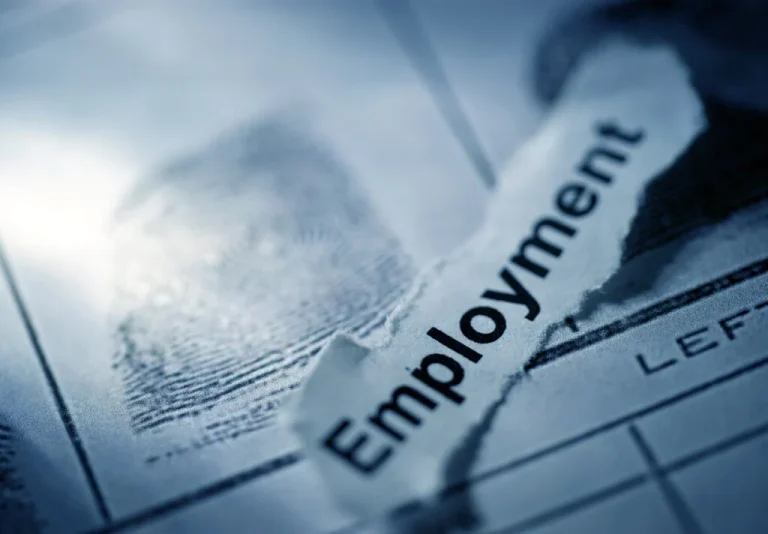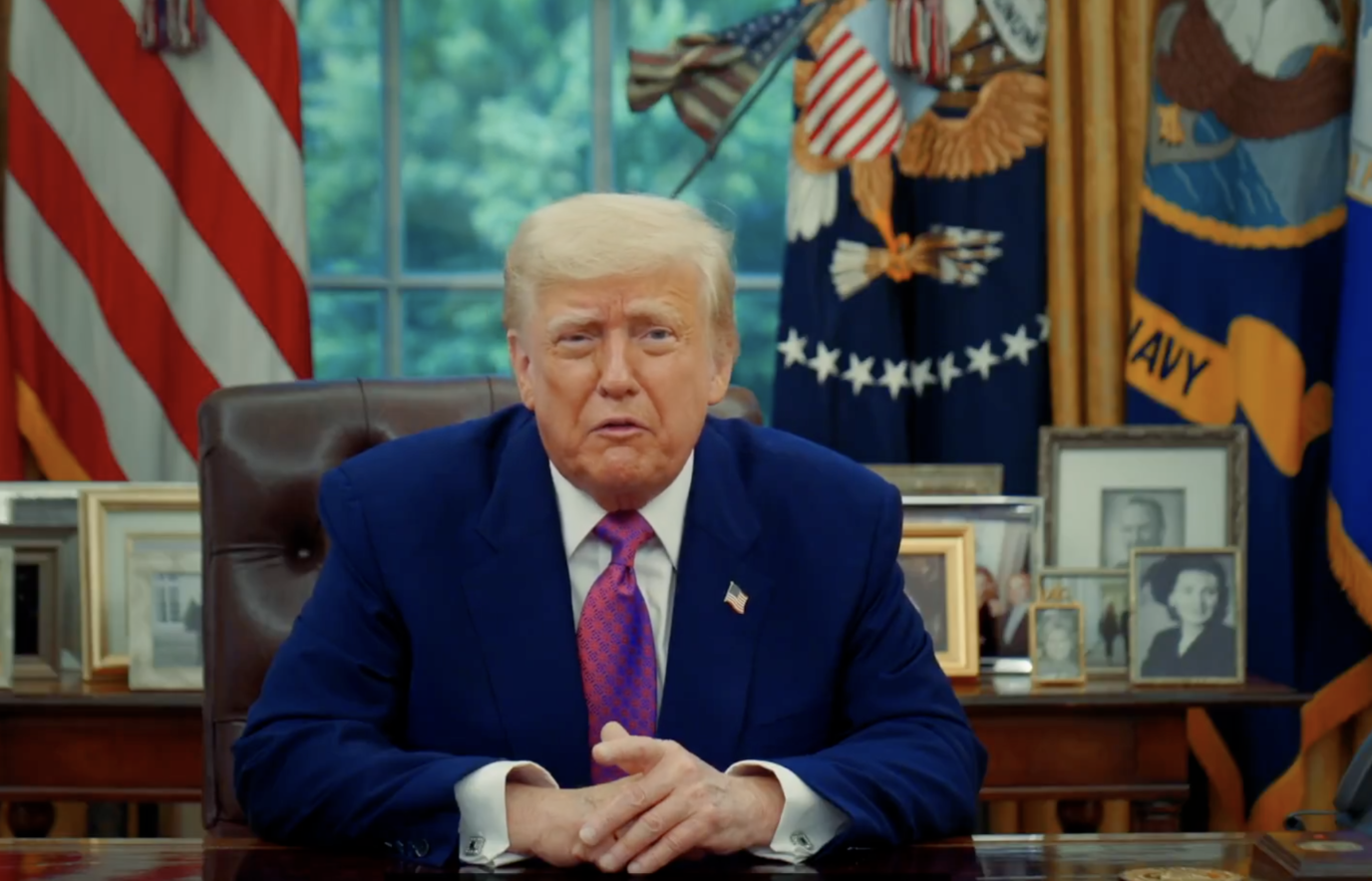The Presidential Election Petitions Court has fixed Monday for the hearing of the petitions challenging the declaration of the All Progressives Congress standard bearer, Bola Tinubu as the president-elect.
With this development, the expected legal battle by candidates disputing the outcome of the 2023 presidential poll will commence from May 8.
The National Legal Adviser of the All Progressives Congress, Ahmad El-Marzuq, confirmed the date on Tuesday.
He said the APC legal team had been briefed and was ready to defend the party’s mandate.
“We have been briefed about the hearing coming up next week. But who told you the election petitions at the tribunal must necessarily be concluded before May 29?
“Are you saying if they were not concluded before President Buhari leaves office, the government should be left in a vacuum and the president-elect should not be sworn in? It is not a must,’’ he stated in response to a question about the time it would take for the petitions to be decided.
Also, a top official of the election petitions tribunal affirmed that the hearing proceedings would start on Monday.
Hearings slated for Monday
Speaking on condition of anonymity because he was not authorized to release the information, he said, ‘’The Presidential election tribunal has fixed Monday, May 8th as for the hearing of the petitions challenging the victory of the President-elect, Bola Tinubu.’’
A member of Tinubu’s legal team, Tayo Oyetibo SAN, also said the hearing had been scheduled to commence next week.
Oyetibo, who spoke to our correspondent on Tuesday, said,” Yes the hearing is on Monday, but it’s for a pre-hearing session. The hearing is to clarify if there are any applications before the main hearing will start. The timetable will be set for the hearing of the substantive matters.”
Findings also showed that the court stopped receiving replies from the petitioners on April 23.
The Chairman of the Independent National Electoral Commission, Mahmood Yakubu, had on March 1 declared Tinubu the president-elect on the grounds that his party scored the majority of votes cast in the polls.
The former Lagos state governor had polled 8.8 million to defeat Atiku Abubakar of the Peoples Democratic Party who scored 6.9mn, Peter Obi of the Labour Party who amassed 6.1mn and 15 others.
Dissatisfied with the result, Atiku and Obi filed separate petitions seeking orders to annul the election or declare them the winners of the polls.
The PDP presidential candidate, who anchored his seven prayers on five grounds, asked the Presidential Election Tribunal to declare him the president-elect.
Alternatively, Atiku urged the court to cancel the election and order a fresh election due to alleged irregularities that marred the February 25 polls in thousands of polling units.
His team of senior lawyers led by Joe-Kyari Gadzama, SAN, filed the petition at the Presidential Election Petition Court.
In their 66-page petition, Atiku and his party argued that as of March 1 when Tinubu was declared the winner of the election, the entire results and accreditation data from polling units had not been transmitted and uploaded by INEC.
Obi, who came third in the election, alleged that the election was characterized by various irregularities including the non-qualification of Tinubu and his running mate, Kashim Shettima to contest the election.
He also alleged that Tinubu failed to win the majority of the lawful votes cast in the election, and just as he could not secure one-quarter of the lawful votes cast in the FCT.
He equally alleged that the election was conducted in substantial non-compliance with the provision of the law.
Also, a faction of the Action Alliance is seeking the tribunal’s order to nullify Tinubu’s victory as the president-elect.
The Action Alliance and its presidential flag bearer hinged their petition on INEC’s failure to upload the name of its candidate, Solomon-David Okanigbuan – to its portal for the February election.
In its petition filed on 16 March, the AA and Okanigbuan as co-petitioners said despite subsisting court orders recognize Okanigbuan as the authentic presidential standard-bearer, the electoral umpire instead uploaded the name of Hamza Al-Mustapha.
INEC had recognized Al-Mustapha, a former chief security officer to the late dictator, Sani Abacha, as AA’s presidential candidate for the election.
It contended that the victory of the ex-Lagos senator will not stand owing to the “flawed process” of nominating his vice presidential pick, Shettima.
In its petition marked CA/PEPC/04/2023, the Alliance People’s Movement in a petition contended that the president-elect was not qualified to run for office.
Listed as 1st to 5th respondents in the petition are INEC, APC, Tinubu, Shettima, and Kabir Masari.
The APM whose presidential candidate, Chichi Ojei, polled 25,961 votes, argued that Tinubu was not properly sponsored by the APC by fielding Shettima as vice presidential candidate for the election.
Tinubu while submitting his presidential nomination form to INEC in June 2022, chose Ibrahim Masari, a politician from the Katsina State, as a “placeholder” for the substantive vice presidential candidate who would later be Shettima.
Tinubu’s action was described by analysts as a strategy to beat INEC’s deadline of June 17 2022, for presidential candidates to submit names of their vice presidential picks.
But the APC in its replies asked the PEPC to dismiss the petitions filed by the opposition parties.
It described the petition filed by the former vice president against his election victory as “a gross abuse of court processes.”
Tinubu, in a preliminary objection marked: CA/PEPC/05/2023, filed by his team of lawyers led by Chief Wole Olanipekun, SAN, prayed the court to dismiss the entire petition.
He said in 2011, he lost the PDP presidential primary election to President Goodluck Jonathan and in 2015, he lost the APC primary election to the President, Major General Muhammadu Buhari (retd.).
Tinubu said in 2019, Atiku again lost the presidential election to Buhari; and now in 2023, he had, again, lost the presidential election to him.
According to the president-elect, it was not a surprise or not by accident that the electorate rejected the 1st petitioner at the polls of the presidential election held on Feb. 25.
He said he was ready to lead evidence to prove to the court that a host of states controlled by PDP and their governors protested against Atiku’s emergence as the party’s candidate and vowed never to support his candidature.
Responding to Obi’s petition, Tinubu, in a preliminary objection he filed alongside his Vice-President-elect, maintained that the LP standard bearer lacked the locus to challenge his election victory.
He argued that Obi was not validly nominated to contest the presidential election in line with the mandatory provisions of sections 77(2) and (3) of the Electoral Act, 2022.
He insisted that Obi’s name was not found in the register of members of the LP, noting that he defected to the party from the PDP, less than 30 days before the primary election that produced him as a presidential candidate, was conducted.
He further accused Obi of jumping from one political party to the other, insisting that the LP lacked the requisite structure to win the presidential contest.
Adducing reasons why he won the presidential election, Tinubu said it was his consistency and track record of excellence in public service that endeared him to millions of the electorates across the federation.
The president-elect similarly faulted the claim by the AA that its presidential candidate was excluded from the election, arguing that its known candidate, Mr Al-Mustapha, participated in the election.
In a preliminary objection to the APM’s petition, the APC argued that “the petitioner (APM) alone in the absence of its sponsored candidate cannot benefit and did not have any special interest in the election or return of the 3rd respondent (Tinubu) as the winner of the election.’’
The APC queried the legal capacity of the party to challenge the mode it adopted in nominating its candidate.
The APC further argued that since the APM was not a member of the party, it did not know “how it becomes the petitioner’s business how it nominates its candidates.”
The APC added that Okanigbuan (listed as the 2nd petitioner) “is not the 1st petitioner’s AA’s validly nominated and sponsored candidate to contest the presidential elections held on Feb. 25.”
Ozekhome confident
Ahead of the commencement of sitting by the PEPC a member of the PDP legal team, Mike Ozekhome has expressed confidence in the ability of the panel to dispense justice without fear or favour.
The constitutional lawyer told our correspondent that justice is the singular most potent force that would determine the outcome of the petition filed by the party and former Vice President, noting that the justices would be guided by a sense of responsibility to their fatherland and not the powers of the state.
He said, “We are hopeful that justice shall be served without the tribunal listening to the blaring sirens of power, or being swayed by officialdom or government jack-bootism.”
According to him, the party has sufficient evidence to back up its claim that the declaration of Tinubu was flawed, noting that the evidence will guide the learned Justices in giving their ruling on the disputed elections.
In his response, the APC Director of Publicity, Bala Ibrahim, expressed optimism that the hearing is a window of opportunity for the court to affirm the victory of the president-elect.
He stated, “I think I heard the CJN talking about the speedy dispensation of the issue. They are, of course, aware of all these things. It must be in their reckoning that time is of the essence.
“If it cannot be disposed of within the period, there is no need for it. I want to believe they are going to see to it. After all, justice delayed is justice denied. I am sure they will do the needful.”
The Chief Spokesman for the Obi-Datti Presidential Campaign Council, Yunusa Tanko, disclosed that the tribunal understands the need to execute the cases in line with the Electoral Act.
He said, “I think they should (be able to conclude it). The Electoral Act was very clear in stating that all cases must have finished before the handing over. So let’s see what they are going to do.
“We are still optimistic though. They know the danger of not concluding the issue on time based on the Electoral Act. So they have got to explain to us. The rule has been given already.”
Credit: The Punch

 BIG STORY5 days ago
BIG STORY5 days ago
 BIG STORY3 days ago
BIG STORY3 days ago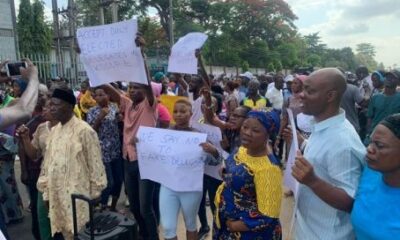
 BIG STORY5 days ago
BIG STORY5 days ago
 BIG STORY4 days ago
BIG STORY4 days ago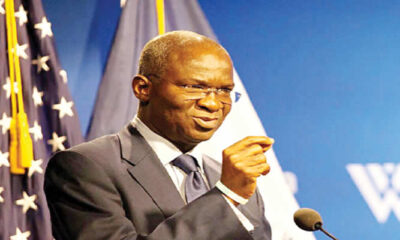
 BIG STORY3 days ago
BIG STORY3 days ago
 BIG STORY4 days ago
BIG STORY4 days ago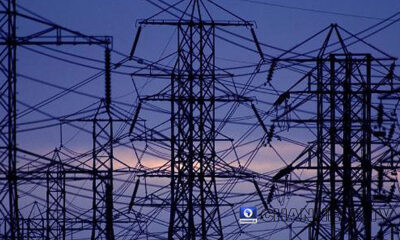
 BIG STORY5 days ago
BIG STORY5 days ago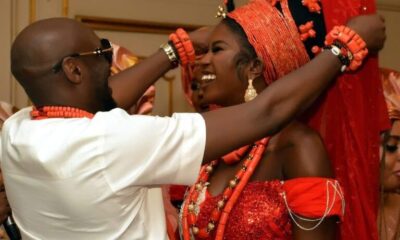
 BIG STORY2 days ago
BIG STORY2 days ago




